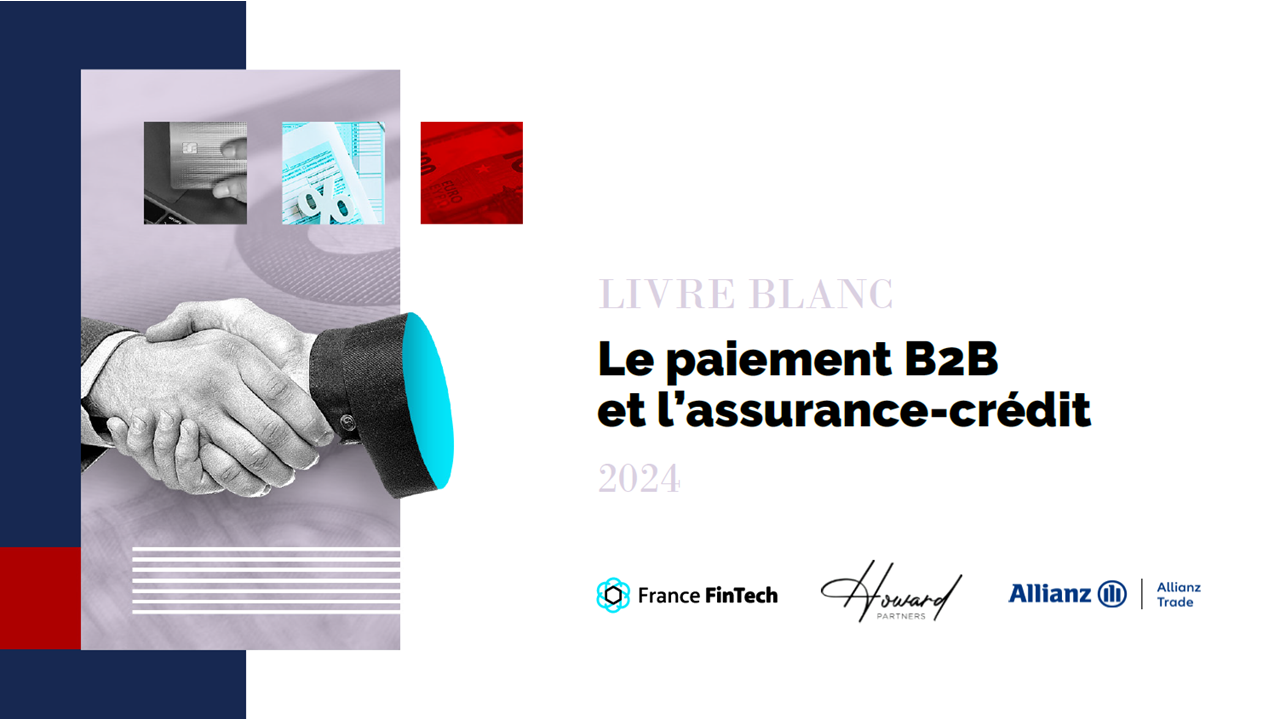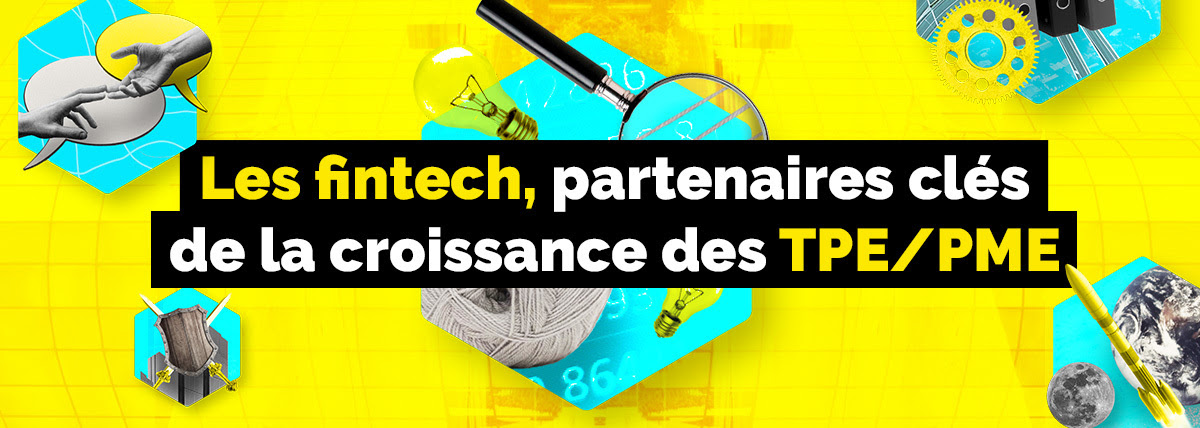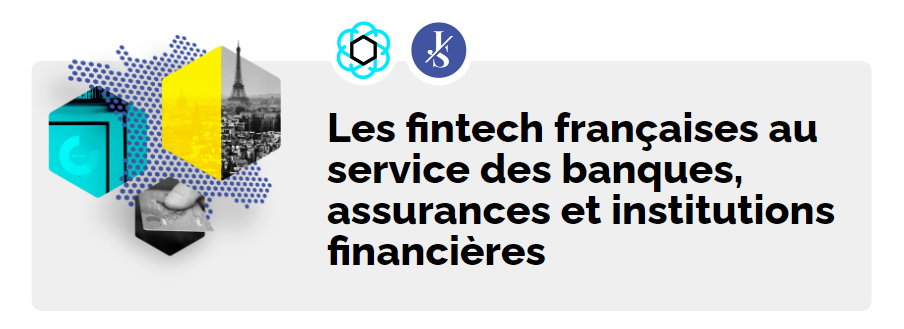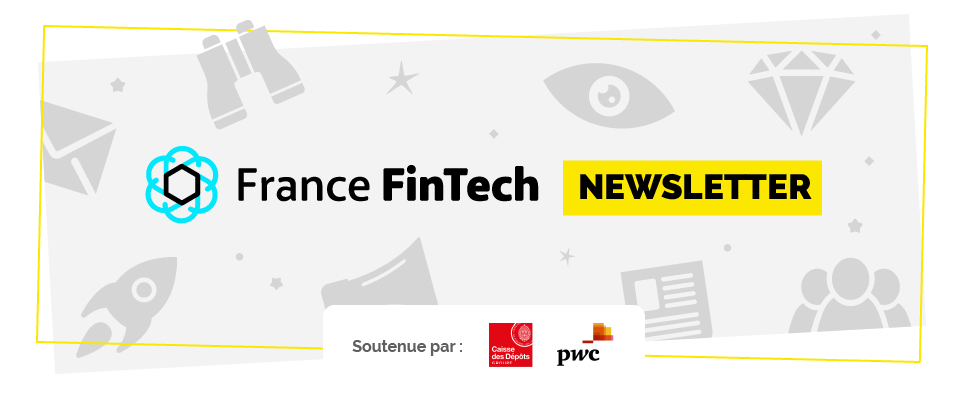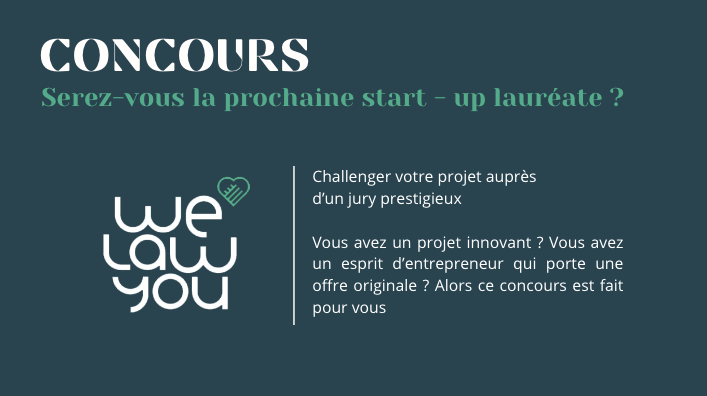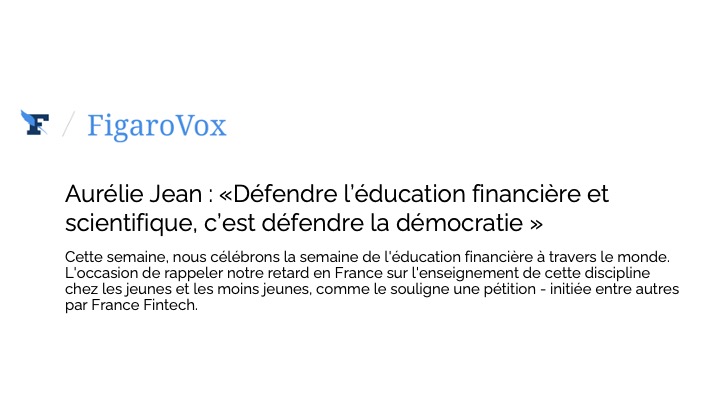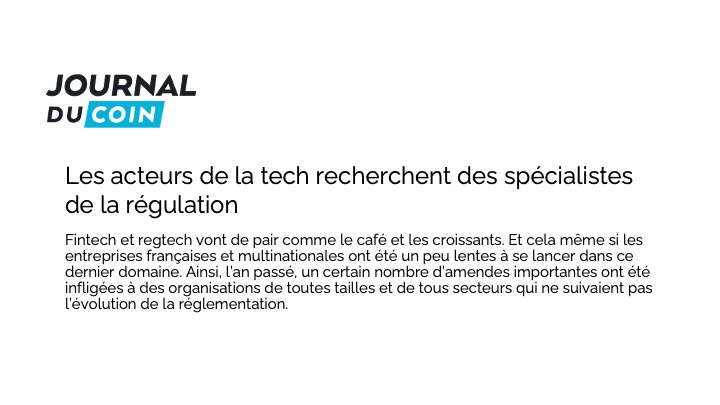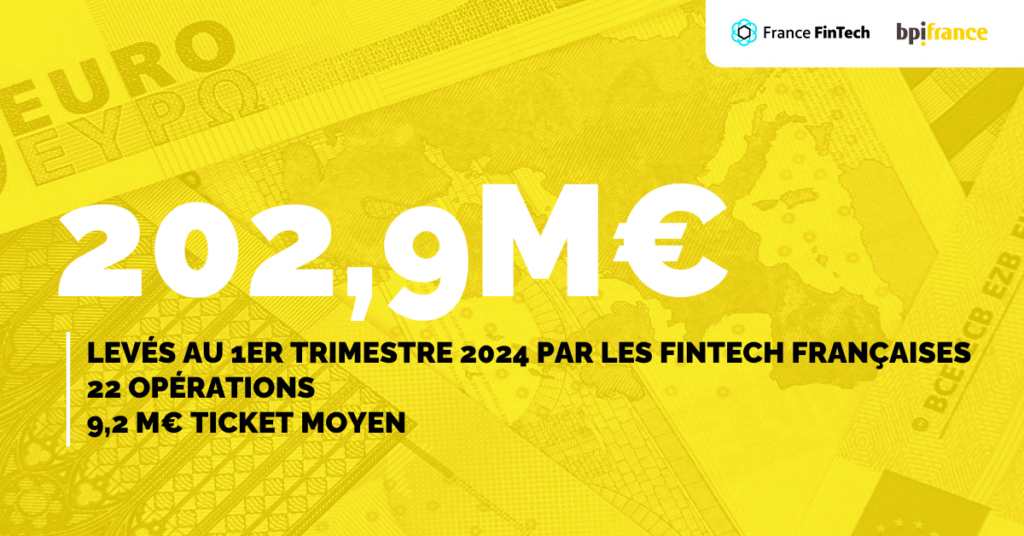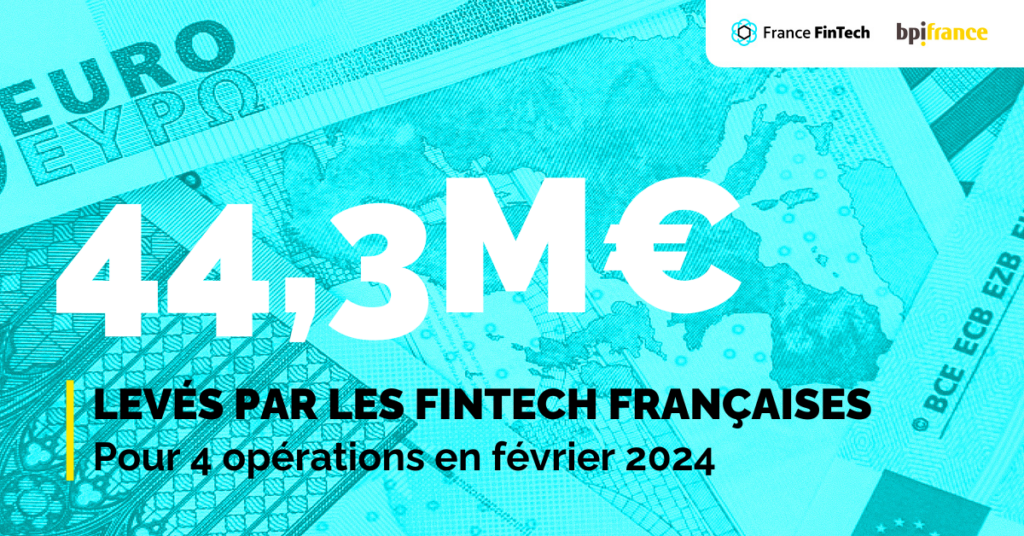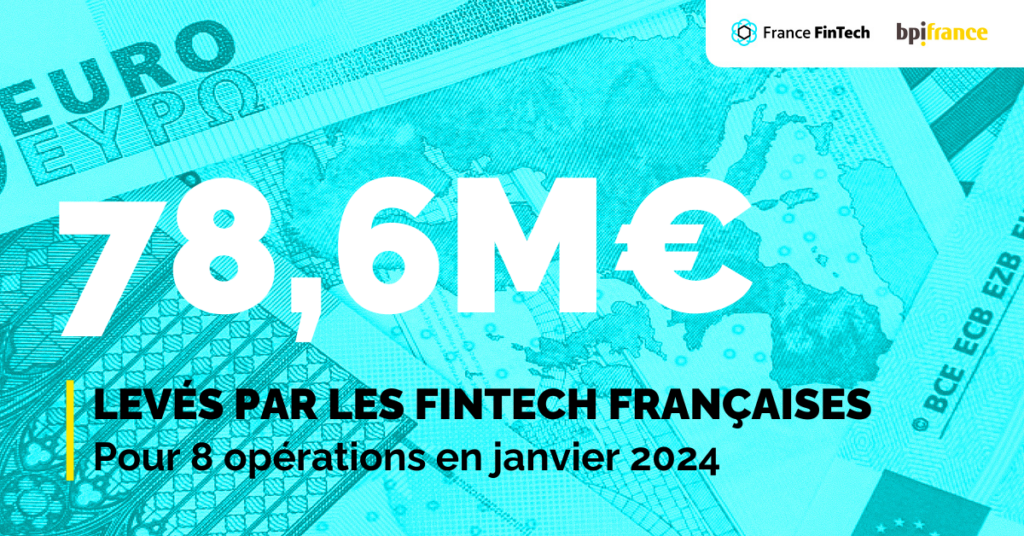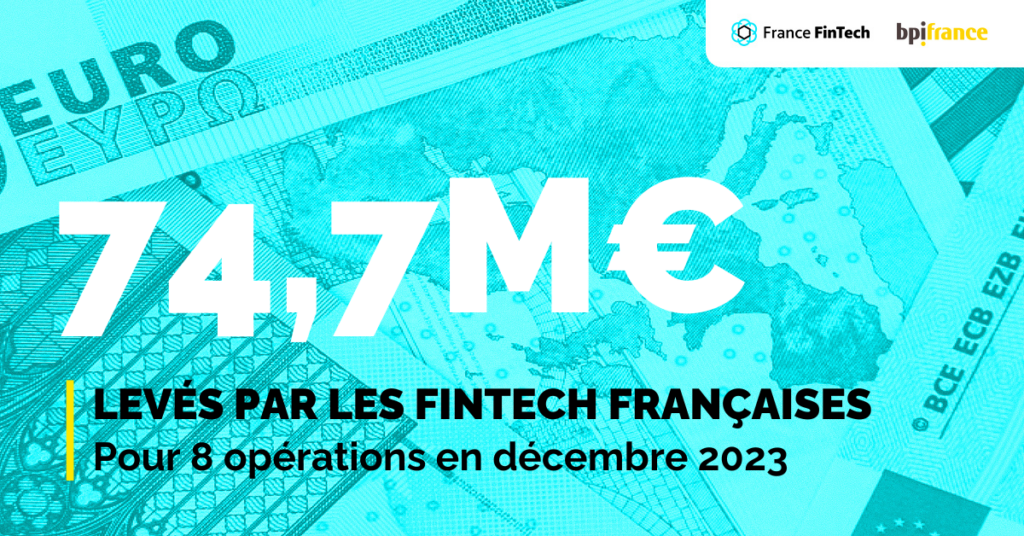News
Studies >
White paper B2B payment and credit insurance
Download our white paper!
Fintech, key partners in the growth of VSE-SMEs
Infographic France FinTech x Go Entrepreneurs
French fintechs serving banks, insurance companies and financial institutions
Infographic France FinTech x Julhiet Sterwen
[Study] API performance
Study | Performance of banking APIs by Bridge, Fintecture, Lyra and Powerens
Newsletters >
[Fintech Cup] The committed regatta of European fintechs
[Fintech Cup] The committed regatta of European fintechs
PUBLICATIONS >
Go Entrepreneurs: Fintechs appear at the heart of La Defense-Arena
For Finyear, by Anne-Laure Allain
Sector views >
France FinTech publishes its position on PSR and DSP3
France FinTech position on PSR and DSP3
France FinTech and Bpifrance publish the 2023 PANORAMA OF FRENCH FINTECH on the occasion of FINTECH R:EVOLUTION #FFT23
Panorama of French fintech 2023
Use case – Ornikar tackles the insurance market
Ornikar attacks the insurance market after...
Fintech: regulatory landscape, issues and procedures for applying for authorization and control from the regulator, according to PWC
PWC carried out a study on the regulatory landscape of fintech, in particular regulated by the ACPR which ensures compliance with regulatory provisions. The study summarizes the different challenges to which fintechs are subject and identifies several keys...
[Public Affairs] Position paper • Revision of PSD2
The European Commission organized a consultation on the revision of the second payment services directive (PSD2) between May 10 and July 5, 2022. This was to assess the application and impact of the directive currently in force...
Four trends that will shape the future of fintech in 2023, according to Google Cloud
Partner of France FinTech, Google Cloud supports many startups in the field of finance. Based on its close technical and business collaboration with fintechs, Google Cloud has identified four major levers to...
Analysis French Tech Next40/120 2023
FINTECH STRENGTHENS ITS SPEARHEAD POSITION OF FRENCH TECH
Podcasts >
How to gain the trust of your prospects? – David Remaud (CMO @|banFirst) – Conquest #41

Description of the episode
#30 – Alternative investments, a good idea for 2024? – Olivier Herbout (Ramify)

Description of the episode
Barometers >
Videos >


